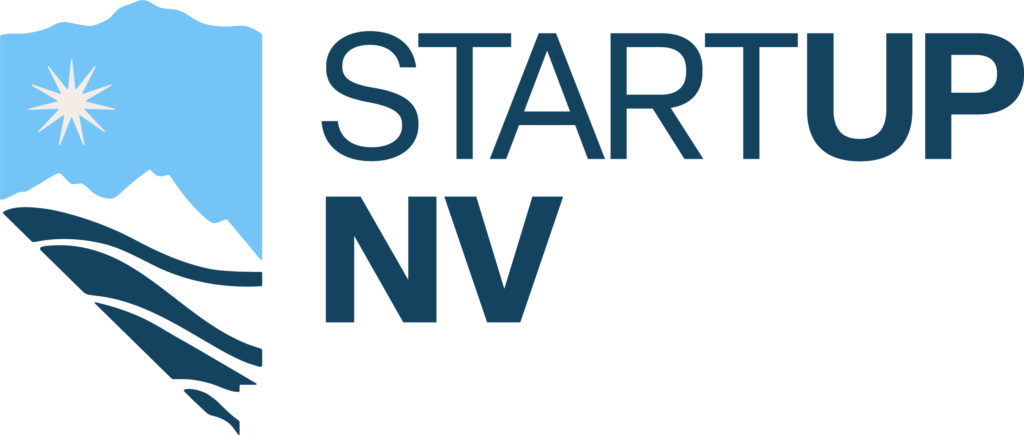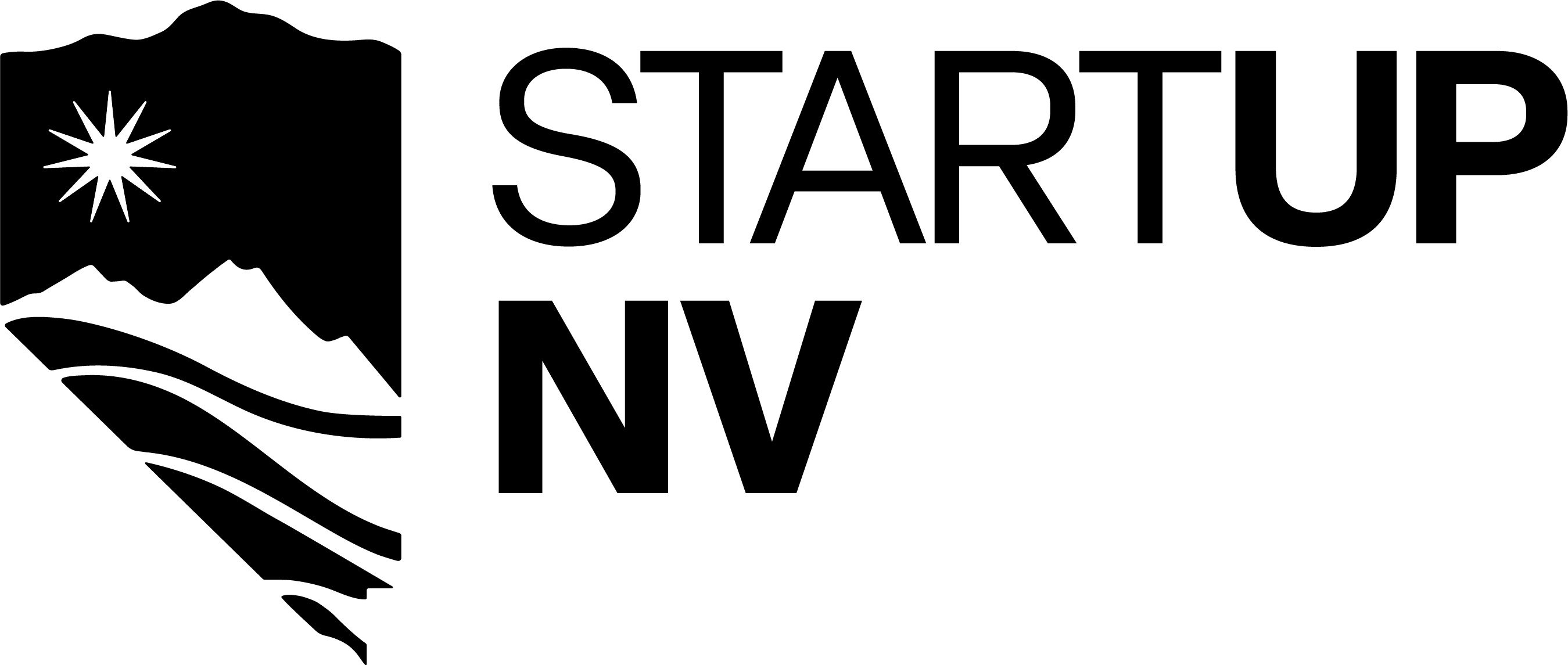How To Succeed or Fail at Startup Investing
 

How to be a Successful Startup Angel Investor
The best approaches to being a successful startup angel investor might not always be the most obvious ones, in fact it often starts with the ground rules and guidelines of angel investing.
Over a 10 year period, successful pre-seed and seed stage angel investors make 3x to 5x on their cohort of investments which is about double the return of index fund public company investing. The rewards are the highest of all investment types, as are the risks, but the risks are manageable.
There are 3 approaches to be a successful early stage investor – and one sure way to fail.
Top 3 successful startup angel investing approaches
- Passive investment through a trusted fund or syndicate
If you’re thinking that following the ground rules (noted below) is a ton of work, you’re right. Which is why the #1 approach is to invest in a fund or with a syndicate. In a fund or syndicate, the general partner(s) curate the deal flow, do the hard diligence work, and create “win-win” investable deals that can return the fund 3 to 5 times – or more. Funds consistently invest in 20-40 company cohorts over a 3 year period to mitigate risk and maximize returns. Syndicate investing on a deal by deal basis saves investors work, but on its own, does not mitigate risk across a large cohort in the same way a fund will. Many investors invest in a fund as a baseline and for deal flow, then add capital via syndicates to specific deals to spread risk and/or invest deeper in specific deals where they have more conviction..
- Active investment through an angel group
If you like the activity of finding companies, listening to pitches, asking questions, and engaging in the diligence process, an angel group may be more appealing. Angel groups share the workload among members, usually divided into committees like the selection, deal flow, due diligence, membership, etc. Some larger groups have paid interns and/or administrators to conduct the research required for screening companies and due diligence. Most angel groups have 2 or 3 options for members to invest in companies that apply to the group a.) direct investment, b.) group fund investment, and/or c.) through deal by deal special purpose vehicles (SPVs). It’s harder to follow all of the ground rules in an angel group, but most are covered – and members must maintain their own discipline around cohort size and investment time horizon. Still, angel groups have a good track record and have a social and networking component that the other approaches can lack.
- Active “DIY” angel investment with self curated deal flow
If you’re the type of person who doesn’t like to rely on or trust others, then the DIY method is for you. It can prove difficult for a single angel investor to see enough deals to invest solely using this approach. Many fund and angel group investors use this method as a supplemental investing activity, bringing a few extra deals into their personal cohort each year – and spreading their risk.
In addition, there are some best practices for successful early stage angel investing.
Startup Angel Investing Best Practices and Ground Rules
- Investment Thesis
Develop a thesis for investment size, opportunity types, and follow-on scenarios
Successful investors are disciplined in the types of companies in which they invest, how much they invest in each company, and whether or not they will invest more than once in the same company. Your budget for investing will drive the amounts, with many angels investing between 2% and 10% of their net worth. As investors get older, investment percentages in this riskier asset class moves toward the lower end of the spectrum. With a large win, it can result in a “high class problem” of being over allocated.
- Cohort size, Time horizon, and Valuation
Plan to invest in at least 20 companies; 30+ reduces risk and increases returns. The time horizon to deploy funds for a 20+ investment cohort should be 32 to 40 months. Each investment must be able to return at least 30:1, preferably 50:1 or better
The Power Law: Venture Capital and the Making of the New Future by Sebastian Mallaby tells us that 1 to 3 companies in a fund or cohort of 20-30 companies will make most, if not all of the returns. Even with the best diligence, research and picking, 75% of the cohort will likely fail. Due to the high failure percentage, to make at least a 3x return on the cohort / fund it’s critical to have enough companies and to be sure each one can return at least 30x (including anticipated dilution).
Let’s look at a typical cohort where 25% of the companies return money to the fund, with a 75% failure rate. For this simple example, our fund size is $1M, making 20 investments of $50k each.
- 3x Average Fund / Cohort #1: One company returns 50x, another returns 5x and two more return 3x each, the other companies fail. This fund returns $3M or 3x.
- 4x Very Good Fund / Cohort #2: One company returns 50x, another returns 30x and two more return 3x each, the rest go dark, the entire fund returns $4.3M or 4.3x
- 5x Great Fund / Cohort #3: One company returns 75x, another returns 25x and two more return 1x each, the rest go dark, the entire fund returns $5.1M or 5x
These examples illustrate why it’s critical that every company can make at least a 30x return. If investors compromise on this metric, it’s very hard to make returns commensurate with the risk. Some investors believe they can beat the Power Law – that they have a superior ability to “pick winners”. Proceed with eyes wide open, understand Power Law math – and you’ll do well.
- Larger Numbers – Better Chances
See 100 companies for every investment made, 250+ is better.
To get good at picking startups and founders, you need to see a lot of them. It’s just like any other skill – repetition and experience makes investors better. Successful funds and angel investor groups regularly see 100+ deals for each one in which they invest, often the ratio is upwards of 250:1. Joining with a group or fund that attracts high quality founders in large numbers will ensure better investing results. It’s not fun saying “no” so much, but it’s a critical skill to making the fund / cohort return 3x or more.
Some very large early stage funds and accelerators take the large numbers rules to the extreme. Studies from Right Side Capital Management, 500 Startups, Y Combinator and others show that studious investors who follow the rules have a 75% chance of a 3x return when the cohort size is between 20 and 75 companies. As the cohort size increases, chances of a 3x return increase to 90%+ at a 500 company cohort size and closes in on 100% as the cohort size approaches 2000 companies. The more quality shots investors have on goal, the better.
- Due Diligence, Valuation, and Deal Memos
Develop a due diligence method, be vigilant about it, and independently verify:
- Founder backgrounds, qualifications, and expertise
- Market size: TAM/SAM claims + realism of SOM
- All claimed IP
- Competition
- Traction and customer contracts – talk with customers
- Exit multiples for industry
- Sensibility of market capture w/r/t exit valuation requirement
Very few enjoy this critical piece of the investment process. Be sure you, your angel group, and/or your fund / syndicate have access to the research tools to do the job right. The Angel Capital Association recommends at least 40 hours of diligence work for each investment made. Many investments will be partially researched – until a problem is uncovered – then the deal is called off, which increases the average diligence time per closed investment to closer to 80 hours. When the investment is fully researched, diligence is complete, and conviction is reached to make an investment, it should be documented with a deal memo summarizing the research, diligence, and noting the reasons for and risks of the investment. Deal memos become a critical learning tool as the investments make the desired returns – or when they fail.
Each piece of research is important, but one that is often overlooked is the valuation research. What is the entry price of the investment? How much of the company will the investment purchase? How much dilution will occur as future rounds are raised? What does the exit point have to be (including dilution) for the investment to generate a 50x return? What level of sales does the company have to reach to justify that exit price? What percentage of the market (SAM) does the company have to acquire to hit that sales number? Is it reasonable for any company in the market to own that required percentage of the market (SAM)? Can the founders execute at the level required over the time period to reach that market percentage?
- Putting it all together
Write a deal memo for each investment made to document the details above.
You can make a great return and have a ton of fun investing in startups. There are few activities that stimulate the brain, the imagination, provide social engagement, and very high returns like startup angel investing. The risk is high, but the rewards are much higher than Private Equity (PE), Hedge Funds, Real Estate, and public stocks – when investments are made correctly. Investing in a fund or with an angel group will not require as much work as DIY, but it’s important to know and understand what is required – even if you don’t DIY.
Angel and Startup Investing Resources and Opportunities
StartUpNV provides several options for startup and angel investors.
- AngelNV – team up and learn with other angels. Some but not all of the work is done for you – and you’ll meet dozens of other like minded people investing in an annual conference fund, risking as little as $5k. Find out more at AngelNV.com
- FundNV – a $2M pre-seed fund where investors can participate in hearing company pitches, asking questions, and providing feedback to the general partners. Investors don’t have to source deal flow, conduct due diligence, etc. Fund management makes the decisions and manages the $100k per company investments on behalf of its members (aka “limited partners” or LPs)
- Sierra Angels – a traditional membership angel group investing directly and via SPVs 4. 1864 – a $10M see fund similar in structure as FundNV, except making larger investments in more mature companies
- 1864 – a $10M see fund similar in structure as FundNV, except making larger investments in more mature companies
- StartUpNV Syndicate – investors in any StartUpNV based fund (and their invited friends) participate in “side car” investments and one-off deals that may not be a fit for the fund or angel group thesis.
About the author, Jeff Saling:

Jeff co-founded StartUpNV (2017), a non-profit state-wide startup accelerator and incubator; FundNV (2020), a pre-seed venture fund; AngelNV (2021), an annual conference seed fund that educates investors; and the 1864 Fund (2023), a seed venture fund. Since inception, StartUpNV has engaged 1000+ companies, runs 80+ events per year, and has worked with 40 Nevada companies raising $77M+. He is co-President of the Sierra Angels (2023), one of the nation’s longest operating angel investing groups. Jeff is a founding member and Vice Chair on the NV Governor’s Council on Startups and Venture Capital (2022), worked with NV Lt. Gov Kate Marshall to introduce and pass SB9 (Blue Sky Laws) in the 81st NV Legislature (2021), worked in the 82nd Legislature (2023) with Assembly Speaker Steve Yeager and Cisco Aguilar, Nevada’s Secretary of State to introduce and pass AB75 (Nevada Certified Investor). Since 2018, Jeff teaches ENGR-461 (High Tech Entrepreneurship) during fall semesters in the College of Engineering at the University of Nevada, Reno. Jeff was a SaaS startup founder and executive with 4 successful exits by IPO and acquisition between 1992 and 2016. Jeff’s private company professional experience includes leading worldwide sales, SaaS operations, and product development.
How To Succeed or Fail at Startup Investing Read More »




